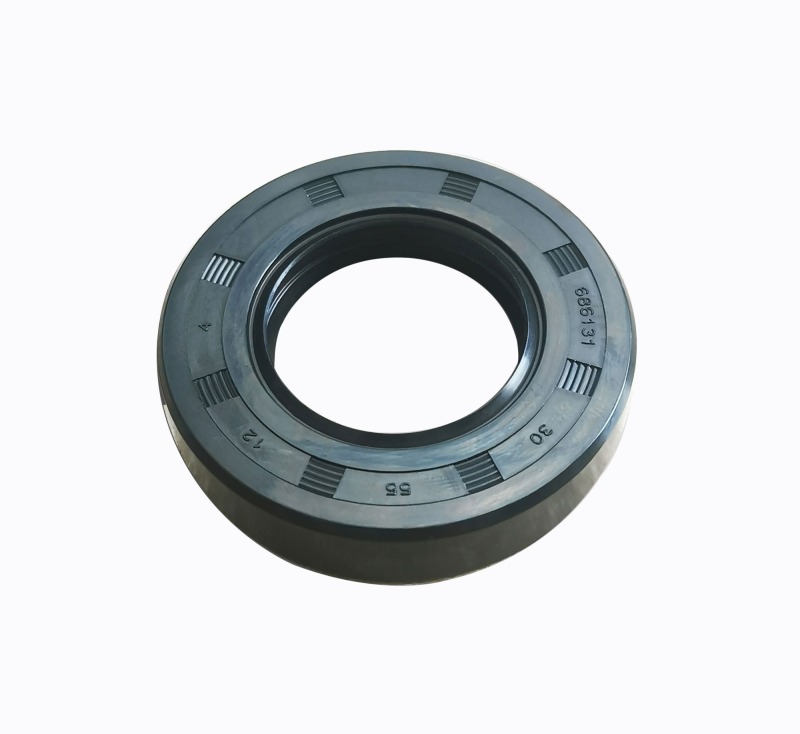Table of content:
Understanding the Role of Oil Seals in Preventing Leakage and Contamination
Selecting the Right Materials for Oil Seals in Extreme Operating Conditions
Evaluating the Durability and Lifespan of Oil Seals in Industrial Machinery
Implementing Best Practices for the Installation and Maintenance of Oil Seals
Understanding the Role of Oil Seals in Preventing Leakage and Contamination
Oil seals, sometimes referred to as shaft oil seals or gearbox oil seals, are designed to prevent leakage of lubricants in mechanical systems, while also keeping contaminants like dirt, moisture, and dust out. They serve as an essential barrier between moving and stationary components. For industries requiring precision and minimal friction, such as automotive, aerospace, or manufacturing, having reliable oil seals is vital. High-quality oil seals from reputable oil seal suppliers and manufacturers, including MKC Seal, offer unparalleled reliability in ensuring a clean and contamination-free environment for your machinery.
Selecting the Right Materials for Oil Seals in Extreme Operating Conditions
An oil seal’s performance is heavily influenced by the materials it’s made from. For industrial settings exposed to extreme temperatures, pressures, and chemical environments, selecting the proper material is paramount. Materials like nitrile rubber are known for their resistance to oils and fuels, while Viton or fluoroelastomer is valued for its durability under high temperatures. Silicone and PTFE materials excel in weather resistance and chemical compatibility. Leading oil seal manufacturers like MKC provide customizable options to meet specific industrial demands. Choosing the right material not only enhances the oil seal’s performance but also maximizes the usage life of the machinery.
Evaluating the Durability and Lifespan of Oil Seals in Industrial Machinery
Durability is essential when it comes to oil seals, especially in industries where downtime can impact operating costs. The lifespan of an oil seal depends on factors such as material selection, rotational speed, temperature, and the type of lubricant used. Products like MKC's high-performance gearbox oil seals are specially engineered to withstand low and high-viscosity fluids, ensuring exceptional leakage prevention. Durability can also vary based on seal design; for instance, seals with additional dust lips provide enhanced protection against pollution. Working with trusted oil seal suppliers can help you evaluate durability requirements and match the right product to your application.
Implementing Best Practices for the Installation and Maintenance of Oil Seals
Proper installation and routine maintenance are key to ensuring that oil seals perform optimally. During installation, care should be taken to avoid damaging the seal’s lips or introducing contaminants that could impair performance. Using a compatible assembly lubricant can simplify the process. Periodic inspection of seals for wear and tear ensures that any issues, such as cracks or leaks, are addressed before escalating into major failures. Reputed suppliers like MKC Seal also provide guidelines and tools for maintaining oil seals, ensuring longer operational life and enhanced reliability. By following these best practices, industries can optimize the performance of their equipment and reduce maintenance costs.
In conclusion, maintaining oil seals through proper installation, regular inspections, and the use of high-quality lubricants is essential for ensuring the reliability and efficiency of industrial equipment. Partnering with trusted suppliers like MKC Seal provides access to premium products and expert guidance, helping businesses minimize downtime, extend equipment longevity, and achieve cost efficiency. By prioritizing seal maintenance, industries can safeguard their operations and sustain optimal performance in the long term.

No comments:
Post a Comment